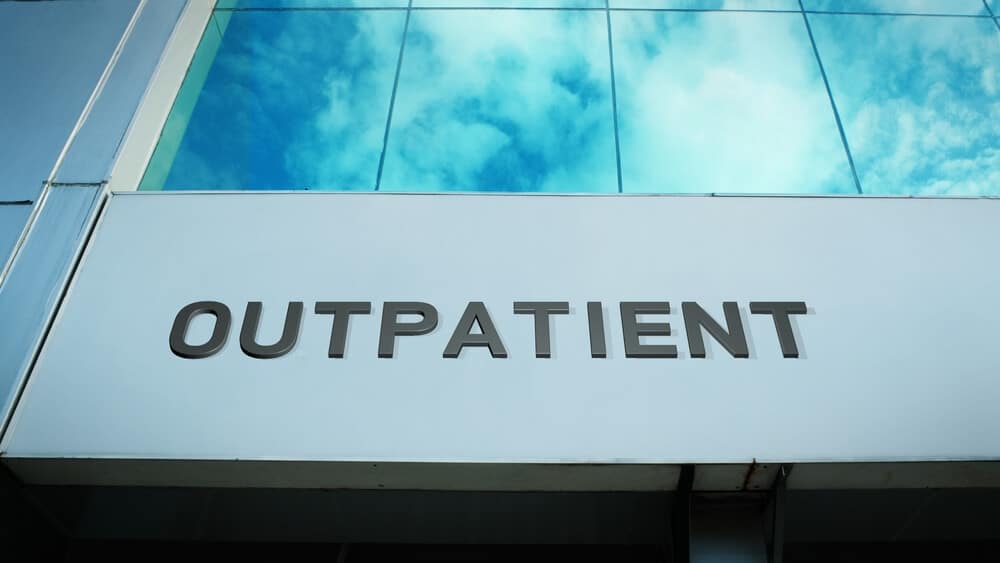January Wellness: Strategies for Managing Post-Holiday Mental Health
January often marks a time of reflection and transition, which can bring about its own set of mental health challenges. Recognizing the prevalence of depression and anxiety during this month, Overland IOP is committed to offering supportive strategies to help individuals navigate this time with greater ease and understanding. This guide aims to shed light on the reasons behind these emotional shifts and offer practical methods for maintaining mental health and well-being.

The Mental Health Landscape of January
Understanding Post-Holiday Changes
The conclusion of the festive season often leads to a noticeable change in mood for many, with feelings of sadness or emptiness emerging. This shift is a key contributor to what is commonly known as the ‘January Blues.’
Identifying Key Factors
Elements like shorter daylight hours, colder weather, and the aftermath of holiday indulgences play a significant role in exacerbating feelings of depression and anxiety. Recognizing these factors is essential for crafting effective coping strategies.
Proactive Approaches to Mental Health
Embracing Healthy Daily Routines
Establishing a balanced daily routine is a cornerstone of mental well-being. This includes regular sleep patterns, a nutritious diet, and consistent physical activity, each contributing to improved mood and energy.
Example: Initiate a morning routine that includes a brief meditation or stretching session to start the day positively.
Staying Socially Connected
Combatting isolation is crucial during this period. Regular interaction with friends, family, or engaging in community activities can provide significant emotional support.
Example: Organize a weekly virtual meet-up with friends or participate in a local community project.
Addressing January-Specific Challenges
Mitigating Limited Sunlight Exposure
The lack of sunlight in January can affect mood significantly. Strategies to counter this include maximizing daylight exposure and considering options like light therapy lamps.
Example: Arrange your workspace near a window to benefit from natural light or take a brief walk during daylight hours.
Handling Financial Stress Post-Holidays
Financial concerns are common in January and can contribute to anxiety.
Example: Start a simple budgeting plan, focusing on essential expenses and setting realistic saving goals.
Seeking and Utilizing Support
The Importance of Professional Assistance
For those experiencing severe depression or anxiety, seeking professional help can be critical. Overland IOP offers a range of therapeutic services to support mental health.
Engaging with Helpful Online Resources
Online platforms offer a wealth of resources, including mental health articles, online forums, and virtual support groups.

As we navigate the complexities of January, it’s important to remember that this period of potential emotional downturn is not only common but also manageable. The feelings of depression and anxiety that often accompany the post-holiday season are challenges that many face, and recognizing this can be the first step towards overcoming them. At Overland IOP, we are deeply committed to supporting each individual through these times, providing not just professional guidance, but a community of understanding and empathy.
Simple strategies, when consistently applied, can have a profound impact. For instance, setting a goal to take a daily 15-minute walk outside can greatly enhance your mood and overall well-being. Similarly, reaching out to a friend or family member for a weekly chat can significantly lift spirits and provide a sense of connection. Budgeting your expenses, starting with small, manageable steps, can alleviate financial stress and bring a sense of control and accomplishment. Remember, these small actions can lead to significant positive changes in your mental health. Overland IOP is here to walk alongside you on this journey, offering resources, support, and a compassionate ear when you need it most. This January, let’s embrace these strategies with an open mind and work together towards a brighter, healthier new year.
Published: January 13, 2024
Last Updated: January 14, 2024

Published: January 27, 2026
What Is DPD? Understanding Dependent Personality Disorder
Most people don’t ask, “What is DPD or Dependent Personality Disorder?” They come in feeling drained, anxious, and stuck in relationships that feel restrictive yet hard to leave. Being alone feels unsettling. Decision-making feels paralyzing. Reassurance becomes a daily necessity rather than a comfort. At Overland IOP in Los Angeles, we often see Dependent Personality […]
Read more
Published: January 18, 2026
IOP Program Requirements: What to Expect?
If you’re exploring an Intensive Outpatient Program (IOP), one of the first questions that usually comes up is simple but important: Do I qualify—and what does an IOP actually require? At Overland IOP, IOP is designed for people who need structured, consistent support for mental health and/or substance use—but who don’t require 24/7 residential care. […]
Read more
Published: December 15, 2025
Behavioral Health During the Holidays: Managing Stress, Anxiety & Emotional Triggers
Why the Holidays Are Harder Than They Look? For many people, the holiday season is portrayed as joyful and restorative. In reality, December is one of the most emotionally challenging months of the year, especially for individuals navigating mental health conditions, substance use recovery, or emotional regulation difficulties. According to the National Alliance on Mental […]
Read more
